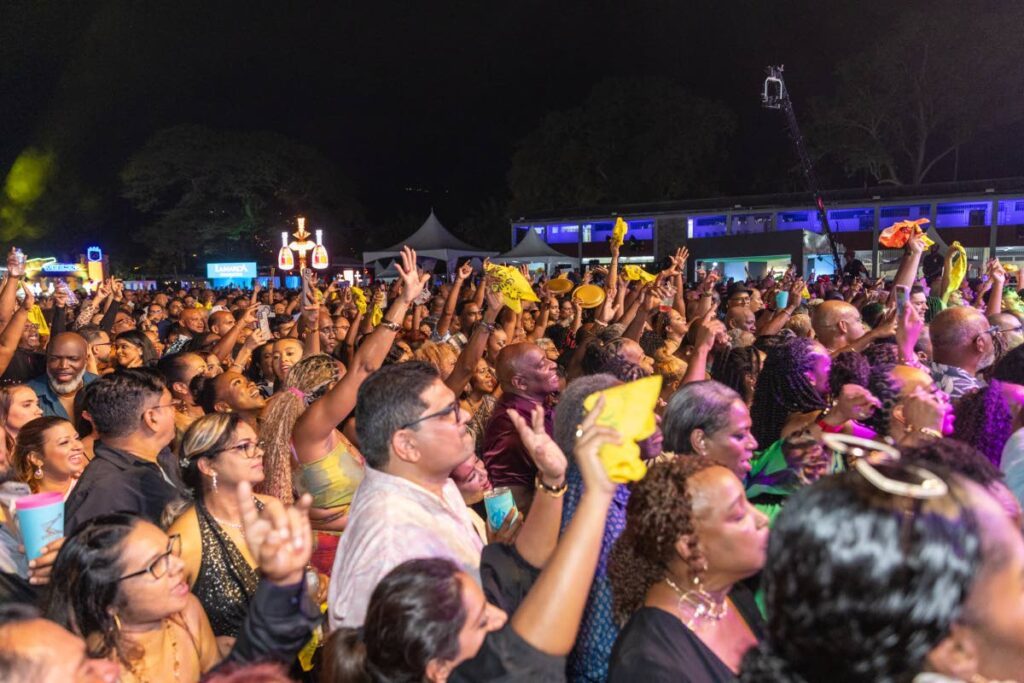Why can't we govern, like we organise fetes?

THE EDITOR: As we immerse ourselves in the final stages of the Carnival season, it is evident that our cherished fetes have transformed.
Historically, these gatherings were informal, community-centric events where attendees wore casual attire, old sneakers, comfortable pants, and well-worn jerseys. Today, however, fetes have evolved into grand affairs, reflecting both our progression and the dynamic nature of Carnival itself.
This evolution, while enhancing the overall experience, has also introduced elements of class distinction. Premium all-inclusive fetes now offer gourmet cuisine, top-shelf beverages, and high-calibre entertainment, often at prices accessible to a select few.
Conversely, there remain accessible events, such as the Pavement Lime hosted by Next 99.1 FM, which are free to the public and celebrate community spirit. This spectrum ensures that Carnival retains inclusivity, catering to locals and international visitors.
Despite current economic challenges, the quality and production of this season's fetes have been exceptional. The enhanced production values are evident, with many events showcasing impressive performances and innovative themes, as highlighted across various social media platforms.
This evolution has positioned our Carnival as a formidable economic force. In 2024, the festival attracted approximately 29,651 visitors by air, contributing an estimated $640 million in visitor expenditure. The overall economic impact, including local spending, was estimated at over US$100 million, creating more than 15,000 jobs both directly and indirectly.
The success of these events is no accident; it results from meticulous planning and flawless execution by promoters and organisers. Co-ordinating massive logistics, including technical teams, transportation, décor, musicians, licensing, bar management, and security. These require exceptional project management skills.
These professionals adeptly navigate complex challenges, ensuring that each fete operates seamlessly and delivers an unforgettable experience to patrons.
This proficiency in event management raises a pertinent question: Why can't we govern with the same level of efficiency and effectiveness that we exhibit in organising our fetes? The very qualities that make our Carnival events successful – strategic planning, timeliness, teamwork, collaboration, accountability, and adaptability – are the same attributes essential for effective governance.
Our people have demonstrated time and again that we possess the talent, creativity, and organisational skills to execute world-class events. It's imperative that we channel these strengths into our governance structures. By doing so we can address systemic challenges, enhance public services, and foster a society that thrives both culturally and economically.
As we continue to celebrate, let's acknowledge and appreciate the dedication of all who work tirelessly to make our Carnival the unparalleled spectacle it is, through the use of excellent governance practices.
Their efforts not only preserve our traditions, but also propel them onto the world stage, ensuring that our Carnival remains a vibrant and essential part of our cultural and economic landscape.
SHAHAD ALI
via e-mail

Comments
"Why can’t we govern, like we organise fetes?"